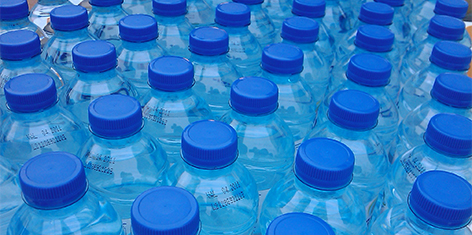
Caption: Water is life: give life by donating water.
Photo: Supplied.
Drought conditions have long been part of the Free State way of life. At present, water supplies are running at an all-time low. Immediate mass action needs to be taken.
In an attempt to win the battle against the water crisis currently affecting the Free State, students here at the University of the Free State (UFS) have launched the Water Collection Campaign, which is running from 8-12 February 2016.
The UFS Muslim Student Association (MSA) and the Central Student Representative Council (CSRC), in partnership with Gift of the Givers Foundation, are urging fellow students and staff members on the Bloemfontein Campus to donate five litres of bottled still water.
“We urge students to take part in this campaign, and help us help those who are in dire need of this vital necessity. Share water, save a life!” said Muhammed Bhamjee, President of MSA.
Make a donation
Date: 8-11 February 2016
Time: 07:45-16:30
Place: SRC offices reception, Thakaneng Bridge.
On Friday 12 February 2016, donations may be made at the Centenary Complex from 15:00-17:00.